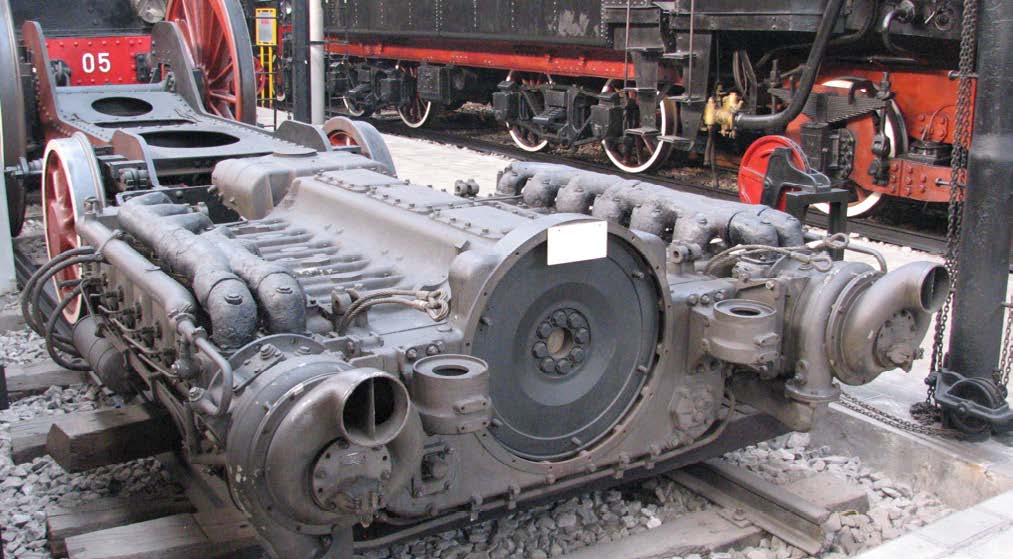Sector
Rail
Location
United Kingdom
Services
Oil Analysis
Remote Monitoring and Data Services
Thermography Surveys

Our partnership with London Midland railway
Overview
London Midland, a train operating company running services throughout the West Midlands, approached us after their class 172 fleet suffered from a series of turbocharger failures.
Their class 170 fleet also suffered the same symptoms of turbo failure/high carryover after changing from heavy duty diesel oil to tradition automotive engine oil.
Upon inspection, the turbo internals were saturated in a black oily residue with some solidified deposits. No evidence of any common mechanical fault within the fleet gas was found in the air intake or air compressor.
The challenge
As automotive engine oil is common in both London Midland’s 170 fleet and 172 fleet, our engineers analysed and evaluated the current engine oil in use for chemical and physical characteristics (which is a common cause of increased carryover) by collecting oil samples and sending them for analysis.
The samples were processed using several test types, but no significant changes to the oil chemistry was identified. The volatility test, which determines the evaporation loss of lubricants in high-temperature service, confirmed that the oil was within MTU Category 3 specification (<13% evaporation loss) based on viscosity and additive levels.
The solution
To determine the evaporation loss and turbo deposit composition, gas chromatography was performed to analyse compounds that can be vaporised without decomposition based on molecular polarity.
Infrared analysis was also used to identify compounds by measuring resonant frequencies when exposed to Infrared radiation.
The result
The Infrared analysis confirmed that the deposits found on the turbo were comparable with the various components of the oil in use. The volatility test found that % of evaporation loss was greater than the specified value (13.3%).
Figure 1: Turbocharger example.

There was also an indication of increased additive dropout and base oil additive separation when exposed to increased temperatures at the turbocharger.
To clarify the problem, London Midland’s oil supplier provided a higher quality engine oil which solved the issue and reduced downtime by eliminating the need for constant turbo repairs.
London Midland has since continued their partnership with us by utilising our managed oil analysis service to keep their fleet of trains running to full capacity.
Key outcomes
Continued partnership through managed oil analysis service
Reduced downtime
Higher quality oil used to solve the issues
Contact us to find out more about Oil Analysis, Thermography Surveys and Remote Monitoring and Data Services.
Related Case Studies
View All Case Studies
Preserving History and Ensuring Safety with Structural Monitoring During The Jenners Building Re-development
Read more.
Vessel Downtime Avoided for UK Ferries Operator
Read more.
 About BES Group
About BES Group Accreditations & Credentials
Accreditations & Credentials Our Environmental, Social & Governance
Our Environmental, Social & Governance Careers at BES Group
Careers at BES Group Our Senior Leadership Team
Our Senior Leadership Team